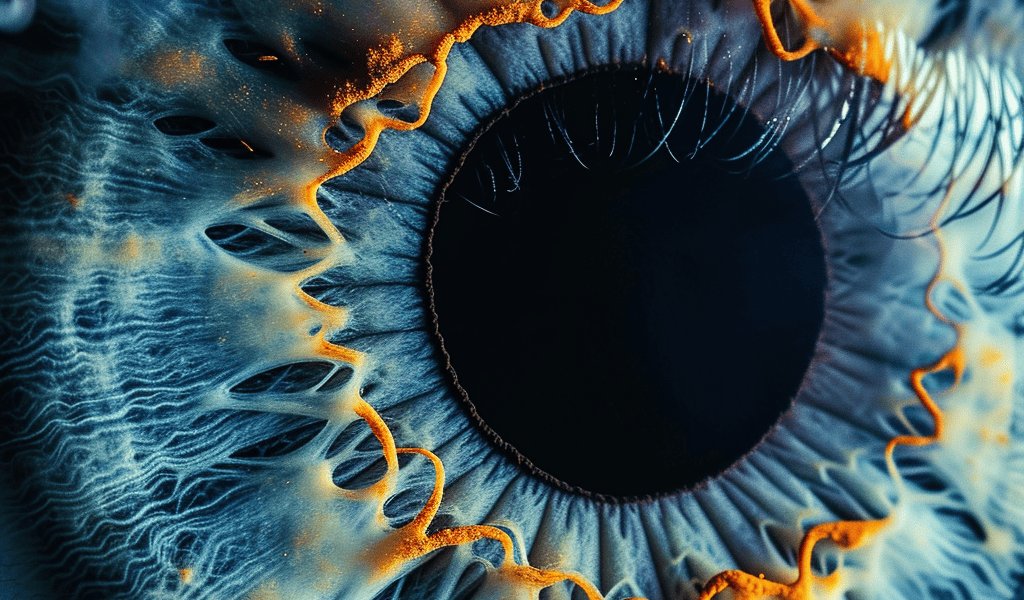AI Integration in the Fight Against Age-Related Macular Degeneration
Jan 3 2024
Reviewed by Danielle Ellis, B.Sc.
In a recent interview at ELRIG UK Drug Discovery 2023, Wen Hwa Lee, CEO, and Chief Scientist at Action Against Age-Related Macular Degeneration (AAAMD), sheds light on the integration of AI in ophthalmology to advance healthcare and drug discovery.
Wen Hwa Lee, the CEO of AAAMD, started his career as a molecular biologist and geneticist before delving into structural and computational biology. His expertise led to a focus on big data space and drug discovery. When the AAAMD charity was established, Lee’s unique profile made him the ideal candidate to spearhead the development of innovative approaches and therapies to prevent or slow AMD.
Lee highlighted the challenges in utilizing AI for healthcare, particularly in ophthalmology, citing data fragmentation, standardization, and integration as primary obstacles. To address these challenges, AAAMD prioritizes participant-centric data aggregation and a common data framework. The organization aims to integrate ophthalmic scans with other omics and promote public participation in research programs.
Furthermore, Lee emphasized the existence of gaps in healthcare data for training AI algorithms, noting that healthcare data often focuses on disease rather than health. This leads to deficiencies in predictive and preventive healthcare. AAAMD’s approach includes capturing data related to pre-disease, pre-diagnostic, and pre-hospitalization stages to facilitate early intervention and targeted drug discovery. The organization’s focus on public participation in addition to patient participation underscores their objective to leverage data that extends beyond immediate disease manifestation.
Lee also discussed the significance of collaboration across sectors, emphasizing its pivotal role in improving data availability for AI-driven research in ophthalmology and healthcare at large. AAAMD’s ongoing Foresight project exemplifies their commitment to implementing multi-sector collaborations to enhance data accessibility for AI-driven research.
Image Credit: LALAKA/Shutterstock.com





